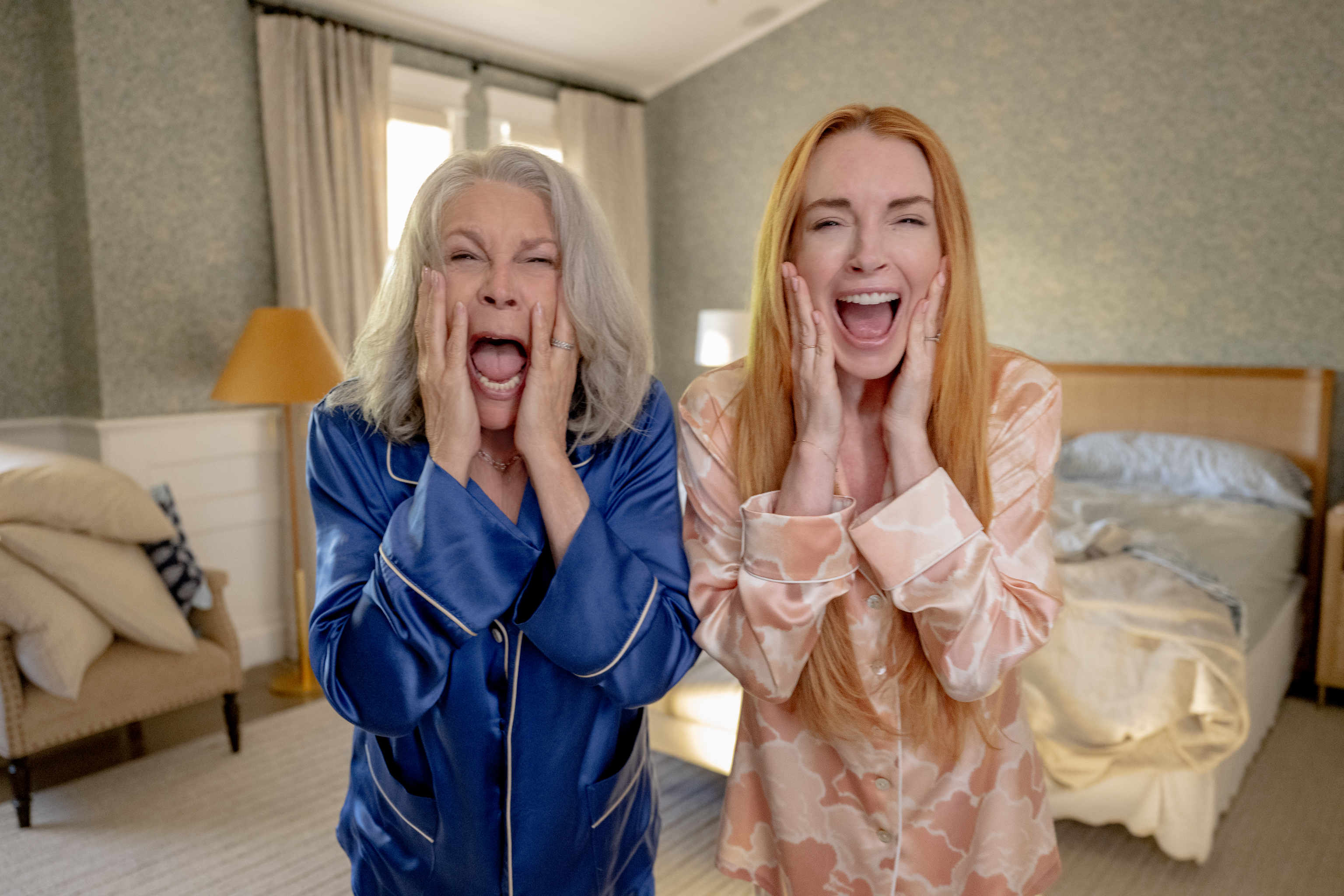CDC panel says older adults should get another COVID vaccine shot now
Published 1:25 pm Wednesday, February 28, 2024

- A COVID-19 sign is seen inside the CVS at North Decatur in Georgia in September.
A panel of doctors and scientists advising the Centers for Disease Control and Prevention voted Wednesday to recommend people 65 and over — a group of people particularly vulnerable to the virus — get a second dose of an updated COVID vaccine that became available last fall.
The recommendations are subject to the approval of the Centers for Disease Control and Prevention Director Dr. Mandy Cohen.
Trending
COVID hospitalizations are far higher among seniors than other age groups. In fact, over the past year, hospitalization rates among those 65 and older have been about five times higher than those who are between the ages 50 to 64, according to data presented at the Wednesday meeting of the Advisory Committee on Immunization Practices.
“It is devastating to see how many elderly and immunocompromised are being admitted to the hospital, are in the ICU and dying from COVID,” said Dr. Camille Kotton, a member of the committee.
Getting additional COVID shots can bolster defenses against serious illness, including reducing the risk of hospitalizations, according to the CDC. The vaccinations are no longer called “boosters” since the formula was changed last year and because health officials want the public to think of them like a routine vaccine.
But even among the highest-risk groups, few have chosen to take the latest vaccine. While older people can now get a second dose of the updated COVID vaccine, most haven’t even received a single dose of this updated vaccine, designed to target more recent versions of this ever-changing virus.
Those getting an additional dose should wait at least four months after the first dose of the updated vaccine, according to the CDC.
Kotton called it “shocking” to see the low uptake of the latest COVID among those at highest risk of severe disease including older adults and those who are immunocompromised. Kotton was among several members who recommended the language of the recommendation be changed from “may” get the vaccine to “should” get the vaccine to avoid confusion over whether it’s recommended or not.
Trending
“I think we really need to provide clarity on this, and for me this is a life or death situation for many of the patients I take care of,” said Kotton.
Nationally, 41% of people 65 and older took the updated vaccine since it was released last year, the highest vaccination rate of any age group.








